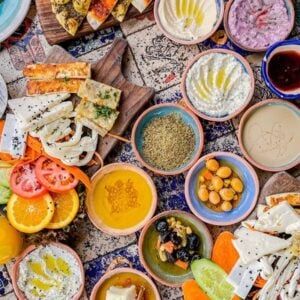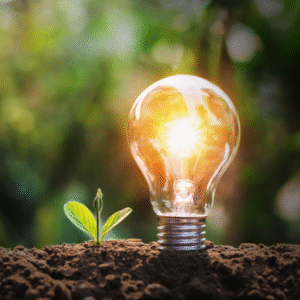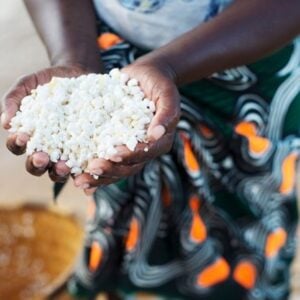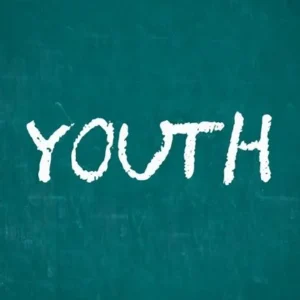Indigenous Peoples’ leaders, Ministers, and high-level delegates gathered at the headquarters of the Food and Agriculture Organization of the United Nations (FAO) for the 2025 Global-Hub on Indigenous Peoples’ Food Systems. Hosted in two Sami Nomadic tents to create an Indigenous Peoples’ territory in the heart of Rome, this third edition of the annual in-person meeting brought together Indigenous scientists and non-Indigenous experts to co-create proposals that integrate ancestral traditions with modern innovation. The event opened the week of the World Food Forum and World Food Day, coinciding with FAO’s 80th anniversary.
FAO Director-General QU Dongyu highlighted the importance of bridging ancestral knowledge with modern technology to achieve food security for all. He emphasized the increasing recognition of Indigenous Peoples’ contributions to global discussions and decision-making processes affecting their lives. The proceedings began with spiritual ceremonies and a peace welcoming led by representatives of the Hopi, Yanakuna, and Haudenosaunee nations. High-level government officials from Fiji, Guatemala, Colombia, Ireland, Norway, Republic of Congo, South Africa, and the Community of Portuguese-Speaking Countries also participated, alongside Anexa Cunningham, Chair of the Expert Mechanism on the Rights of Indigenous Peoples (EMRIP).
The Global-Hub, founded in 2018 and endorsed by the Committee on Agriculture in 2020, functions as a strategic think-tank, bringing together 38 organizations and three international research networks to discuss Indigenous Peoples’ food and knowledge systems. It has pioneered ways to co-create knowledge between Indigenous and non-Indigenous experts and develop evidence that informs policies respecting Indigenous perspectives. Past initiatives, such as the 2021 White/Wiphala paper, have highlighted Indigenous food systems as transformative for sustainability and biodiversity conservation. The Global-Hub also advises the Rome Group of Friends, the largest UN system group focused on Indigenous Peoples, on policy processes including the World Committee on Food Security.
Special events during the 2025 Global-Hub include the UNCCD-hosted session on biocentric restoration of lands degraded by intensive agriculture and livestock, emphasizing mobility, livelihoods, and territoriality within Indigenous Peoples’ food systems. Collaborative sessions with the FAO Hand-in-Hand Investment Forum and the Science and Innovation Forum focus on amplifying Indigenous voices and generating evidence for policymaking. On World Food Day, FAO will inaugurate the Food and Agriculture Museum and present the Indigenous Peoples’ “HOPE Room,” a dedicated space showcasing Indigenous cosmogony, oral traditions, and food knowledge.
Throughout the week, the Global-Hub combines technical discussions with cultural and spiritual activities. Culinary tastings, musical performances, and spiritual expressions complement the launch of key reports on Indigenous food systems. “Tent Talks” offer expert-led discussions on Indigenous perspectives, while “Fire Talks” invite Ambassadors, Indigenous Peoples, and academics to reflect around a hearth on values such as peace, reciprocity, sharing, caring, and solidarity, reinforcing the unique and transformative role of Indigenous knowledge in building a sustainable and equitable food future.






